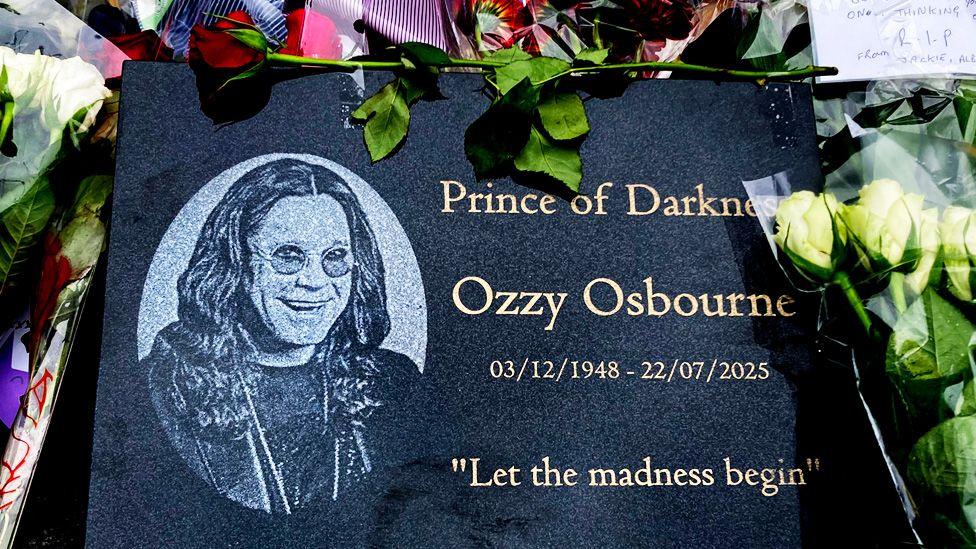
Deadstock: The Morbid Business of Celebrity Memorabilia
Two weeks ago, when Ozzy Osbourne passed away on July 22, our Instagram feeds lit up. Fans mourned, moodboard pages milked the moment for easy engagement, and vintage dealers rushed to bump their eBay prices. Overnight, the most coveted Ozzy tees doubled in value, and archive pages racked up thousands of likes reposting old tour shots and rare merch. It’s a weird, slightly grim cycle, but it’s real. Celebrity deaths have always sent ripples through the memorabilia market, and with the recent t-shirt boom, that’s extended full-force into the world of vintage clothing.

Just days later, Hulk Hogan passed on July 24. While his shirts were never quite as hot as Austin 3:16 or NWO gear, demand still exploded. Hulkamania tees started hitting $250+ on eBay, and vintage WWF gear vanished from the resale market. Outside of clothing, the reaction was just as loud: Hulk-themed meme tokens launched and surged before crashing back to Earth.

And this isn’t just a 2025 phenomenon. When pop culture icons die, the value of their image—especially when it’s wearable—almost always jumps. When Prince passed in 2016, anything purple or bearing his face disappeared from resale sites. Same with David Bowie. After Virgil Abloh’s unexpected death in 2021, Off-White tees, Nike collabs, and LV pieces saw immediate and significant price spikes.
The psychology behind it is simple: scarcity meets sentiment. A tee that’s been sitting unsold for months suddenly becomes a finite piece of history the moment the person behind it is gone. Fans want to hold onto something real. Collectors want to move fast before the market catches up. And resellers are there to pick every last scrap of meat off the bone.
That said, the spike doesn’t always last. Prices tend to peak fast and then settle. But the price floor rarely returns to its old level. That $75 Bowie tee might dip from a $200 high to a stable $120, but it’s not going back. Once a piece gets cemented as part of cultural history, it usually stays there.
So what’s the takeaway? If you’ve got bins of old band tees lying around or sitting on eBay, it might be worth keeping an eye on the news. You never know when it’s time to liquidate. This isn’t about celebrating death—it’s about recognizing how tightly pop culture and commerce are intertwined. Whether it’s a punk frontman, a wrestling legend, or a rock legend, the moment they become history, their shirts do too.
Discussion
Be the first to leave a comment